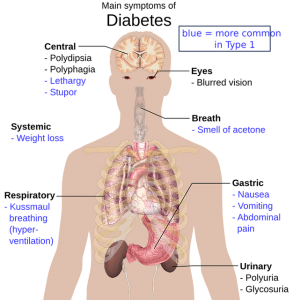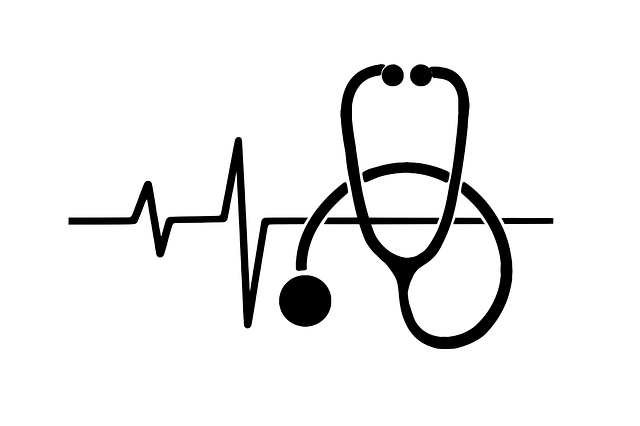Hormones are complex molecules that help regulate your body and one of the most important is insulin. It is produced by the pancreas and has many core functions in the body such as controlling blood glucose levels as well as preventing hyperglycemia. It can also affect the breakdown and storage of fats for energy as well as the regulation of enzymes.
The Metabolic Process
When we eat food it is metabolized or broken down into components such as carbohydrates, proteins, and fats in our stomach then absorbed by our intestines. These parts are then used to provide energy and building blocks for our bodies. For instance, carbohydrates are further broken down into simple sugars such as glucose. This is a primary source of immediate energy for your cells. Once absorbed in your intestines glucose can travel through your blood to every part of your body.
The primary role of insulin is its control of glucose absorption into the bloodstream. The pancreas, which is a small organ that sits behind the stomach, increases insulin in response to rises in blood sugar levels. Insulin acts as a gatekeeper which allows cells to use glucose for energy. When there is an excess of glucose in the bloodstream, also known as hyperglycemia, insulin increases the storage of glucose in the liver, fat, and muscle cells thus reducing the blood sugar levels. First, it is stored in the liver as glycogen, but when the liver is saturated glucose is then stored as adipose or fat throughout the body. This storage can then be used later when there is not enough glucose or energy for the body. The release of glucose from storage decreases the amount of insulin in the blood. This helps prevent your body from taking in glucose from multiple sources and absorbing too much glucose into the bloodstream.
Without Insulin

Without insulin cells in the muscles, liver and fat are unable to take up this glucose and use it as a source of energy. This results in glucose stranded in the bloodstream which can cause high blood sugar levels. Chronic hyperglycemia is a condition of diabetes and if left untreated can cause severe complications like damage to the kidneys, extremities, eyes, and nervous system. In extreme cases, the lack of insulin and the inability to use glucose can lead to a dependency on fat stores for energy. The constant breakdown of fat releases ketones which can cause ketoacidosis. This is a life-threatening disease that causes one’s blood to become acidic. Medication like Humalog is used to regulate.
Alongside regulating glucose, insulin plays a role in many areas of the body. It even plays a role in our memory and brain function as the brain is a primary consumer of the glucose in our body.



